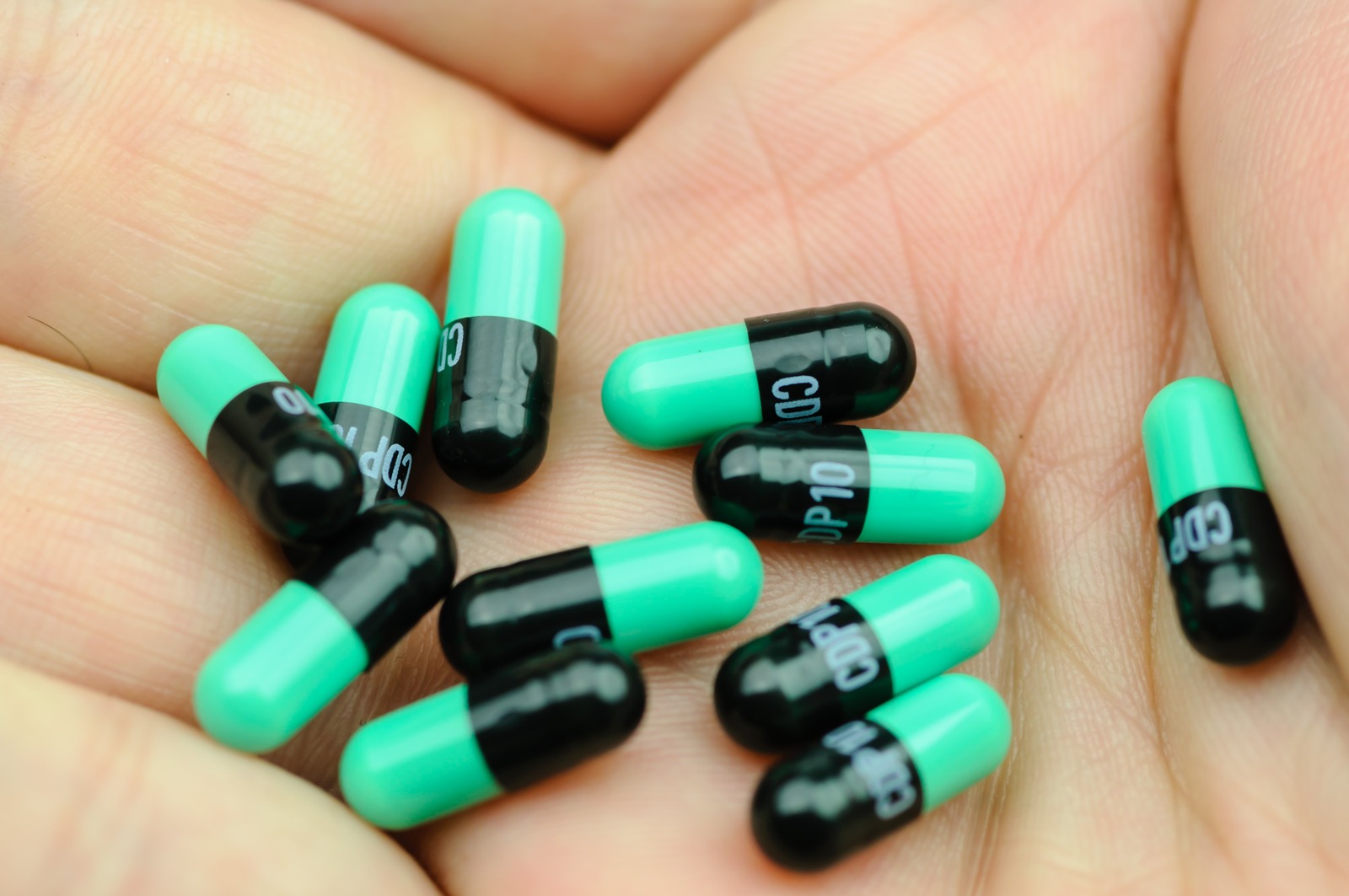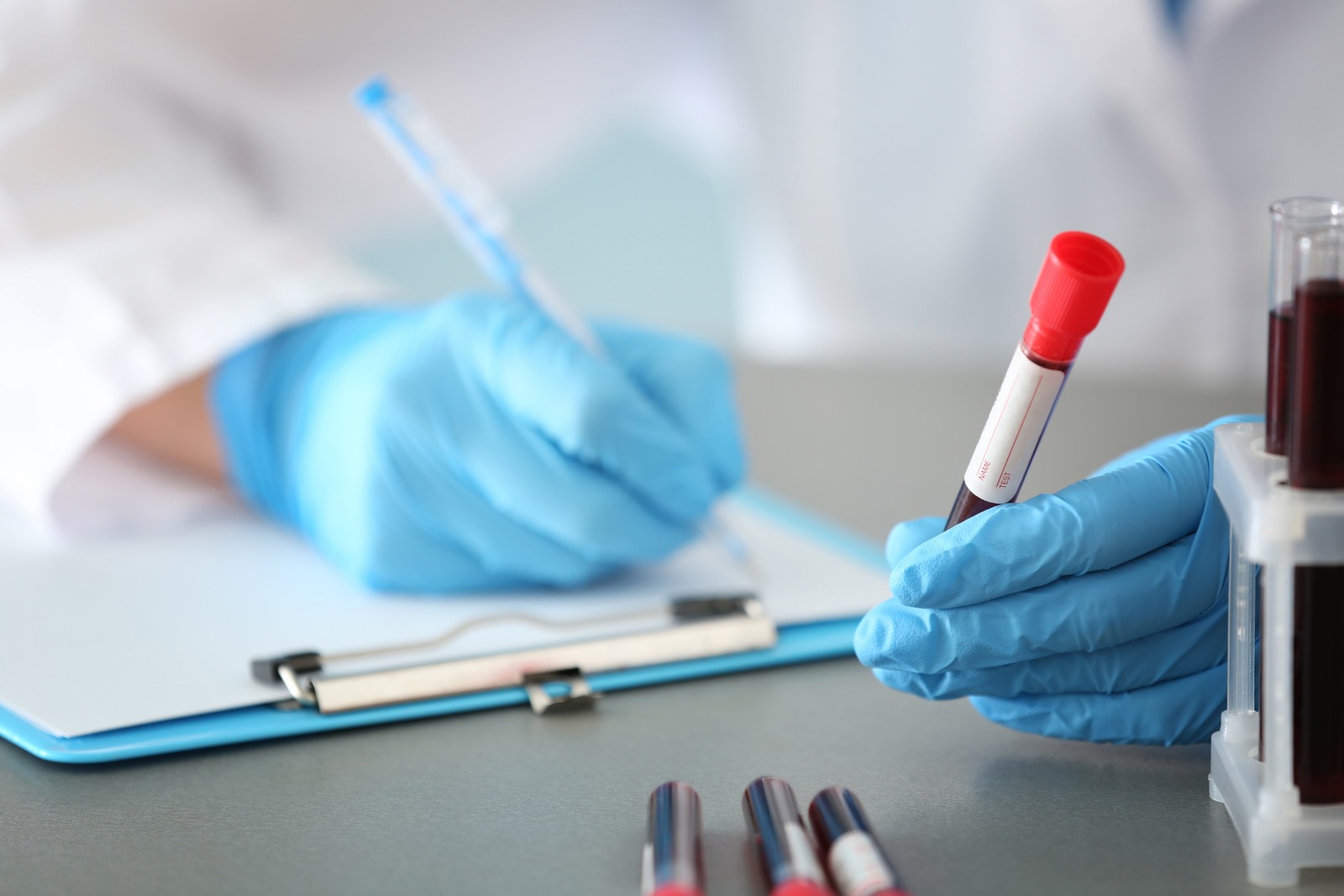How Long Does Valium Stay in Your System?

Benzodiazepine overdose-related emergency room visits have increased by over 20% from 2019 to 2020, and these numbers only continue to increase.[1][2] As the levels of benzodiazepine addiction among the population grow, so will the number of overdoses and deaths.
One commonly abused benzodiazepine drug is Valium, a long-acting anti-anxiety drug also known by the generic name diazepam. Even if taken as prescribed, Valium use can lead to addiction. Valium addiction can lead to difficulty in everyday life and debilitating symptoms when trying to stop.
The onset of withdrawal symptoms and the duration of Valium’s effects are dependent on how long Valium stays in your system, which is influenced by multiple factors.
What is Valium, and What are its Uses?
Valium, also known as diazepam, is a drug that is a member of the benzodiazepine (benzo) family.[3] Valium has received approval from the Food and Drug Administration (FDA) for the treatment of anxiety disorders, alcohol withdrawal symptoms, and certain neurologic disorders.[4] Valium works by increasing the activity of a molecule called Gamma-aminobutyric acid (GABA) in the body.
GABA is a neurotransmitter that works to suppress the central nervous system.[5] This suppression lowers activity in the central nervous system, which can lead to anxiety, alcohol withdrawal symptoms, seizures, and other neurologic disorders.
Because of this effect on GABA, valium is often used in the field of behavioral health to help reduce the effects of anxiety and related conditions.
Valium Drug Classification
Valium is classified into the drug class of benzodiazepines. Some of the better-known drugs in this class also include Xanax, Klonopin, Versed, and Ativan.[6] Street names for these drugs include Benzos or Downers.
How Long Does Valium Stay in Your System?
While the effects of valium can last over 12 hours, valium can be detected in your body longer depending on a variety of factors such as method of testing, age, weight, health, and so on.
The Half-Life of Valium
The half-life of a drug is the time it takes for half of the concentration of that drug to leave the body. After 4-5 half-lives, 94-97% of a drug will be eliminated from the body and is considered eliminated from the body.[8]
The half-life of Valium is 24-48 hours, but some of its components stay in the body longer.[9] When drugs enter the system, a portion of it is converted into an altered form called a metabolite. For one of Valium’s major metabolites, called nordiazepam, the half-life is 50-120 hours, so it is present longer in the body.[10]
How Long Does Valium Stay in Blood?
Valium can be detected in the blood for up to 48 hours. Blood tests offer the quickest detection of valium after ingestion but also the shortest detection period.[11]
How Long Does Valium Stay in Hair?
As for most drugs, Valium can be detected by hair follicle test for up to 90 days from the last dose taken.[12] The drug is deposited into the hair by the blood in the hair follicle. This test is not very sensitive to ‘light’ drug use and may yield false negatives.
How Long Does Valium Stay in Urine?
Valium can be detected in the urine for up to 11 days after the last dose.[13] The most common drug test used is urine drug tests due to its minimal invasiveness, relatively high level of sensitivity, and moderate drug detection window.
How Long Does Valium Stay in Saliva?
Valium can be detected by a saliva test for close to the same amount of time as urine, about 9 days. [15]
Valium Detection Times Quick Reference Chart
| Drug Test | Detection Time |
| Blood test | About 48 hours |
| Hair test | Up to 90 days |
| Urine test | About 11 days |
| Saliva test | About 9 days |
The values in the table above are the estimated detection window of Valium from the amount of time of last drug use to a drug test. These values can vary depending on a variety of variables, including:
- Body Composition: Lean muscle mass increases body metabolism, including the metabolism and elimination of drugs.[16] The more muscle is present, the quicker drugs may be cleared from the body. On the other hand, body fat has little effect on drug metabolism.
- Age: The rate at which drugs are eliminated from the body may decrease with age.[17] Generally, starting at the age of 40, the body becomes less efficient at ridding the body of drugs as its metabolism slows.
- Duration of Use: The levels of drugs such as Valium can build up in your system if more is taken before the last dose is eliminated from the body. This causes the time the drug is present in your system to be longer than if just one dose was taken.
- Dosage: The higher the dosage of valium taken, the more will be present in your system, increasing the time it takes for the body to eliminate the drug.
- Other Drugs in the System: Antacids can decrease the absorption of valium if taken together, leading to lower levels in the body.[18] Other medications such as ketoconazole, valproic acid, cimetidine, and fluoxetine may lead to longer valium elimination times due to their effects on lowering the rate at which the liver eliminates drugs. Medications, such as Daypro or Zoloft, may cause false positive test readings for benzodiazepines.[19] Taking more than one benzodiazepine will also increase the time they are detectable in the system.
- Liver and Kidney Function: Liver diseases can affect the length of time Valium is present in your system.[20] Liver cirrhosis, fibrosis, and hepatitis can significantly increase the amount of time it takes to eliminate drugs from the system. Kidney function may also affect the rate at which drugs are excreted from the system through urination, increasing the time they are detectable in your system.
How Long Does it Take to Detox From Valium?
Withdrawal symptoms associated with long-acting benzodiazepines like Valium can develop as early as one week after the last dose and may persist for several weeks to months.[21]
Valium withdrawal symptoms include:
- Anxiety
- Difficulty sleeping
- Headaches
- Increased sweating
- Irritability
- Muscle spasms
- Nausea
- Trouble focusing
- Seizures
These symptoms may lead to cravings for Valium during this detoxification period. The effects of Valium withdrawal may be lessened by the help of a provider. They may slowly taper you off your valium by giving you reduced doses or frequency of Valium.
Valium withdrawal can be serious and life-threatening in cases of severe addiction and may require medical help during detox.[22]
Frequently Asked Questions
Are you or a loved one struggling with Valium usage?

